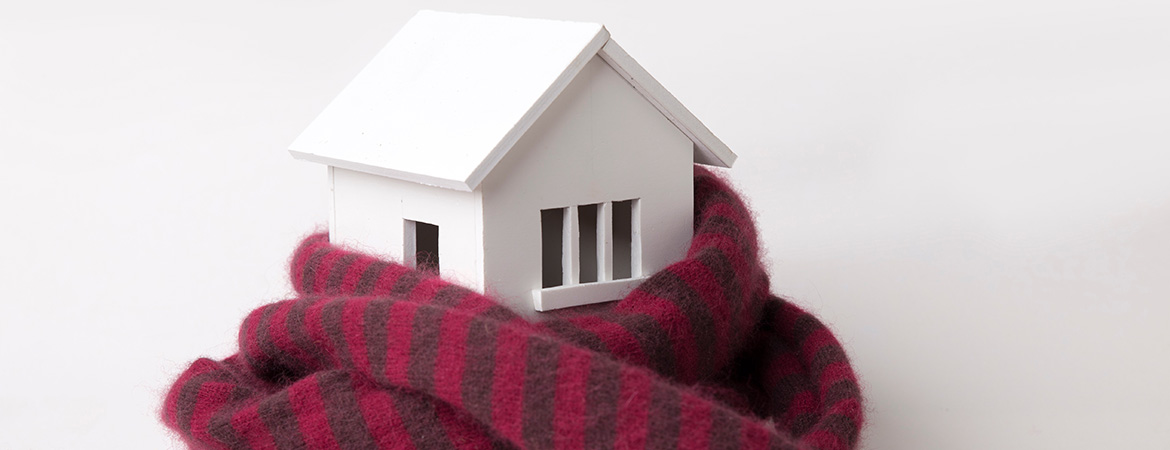How to properly prepare your home for winter weather
Proper maintenance protects the longevity of your home. Tackling a few seasonal chores in the fall may help save you from a costly winter disaster.

For many Americans, a home is the biggest investment they will make in their lifetime. Protecting that investment means staying on top of maintenance. Tackling a few seasonal chores in the fall may help save you from a costly winter disaster.
Before the weather turns to ice and snow, clear your calendar for an afternoon of seasonal maintenance. Checking items off of the following to-do list before winter weather hits can help preserve your home sweet home and save you a lot of money in the long run. Your home—and your wallet—will thank you!
- Remove leaves, sticks, and other debris from gutters so that melting snow and ice can flow freely. Doing so can prevent ice damming, a situation in which a ridge of ice forms at the edge of a roof and prevents melting snow from properly draining. The water that backs up behind the dam can leak into a home and cause damage to walls, ceilings, insulation, and other areas.
- Inspect the trees on your property. Are there any dead branches that need to be removed? Now is the time! Ice, snow, and wind could cause weak branches to break and injure a passerby or damage your home or car.
- Place garden hoses in storage for the winter. If the water in a hose freezes and expands, it can increase pressure throughout the whole plumbing system and, in turn, burst an interior pipe. Protect the outdoor spigot with an inexpensive foam dome, which can be found at most hardware stores. These can easily be placed on the spigot and left there until spring.
- Brush up on ways to prevent frozen pipes. If your pipes freeze, time is of the essence, so it’s best to prepare ahead of time. Learn how to shut the water off and know where your pipes are located. The quicker you can shut off the water or direct your plumber to the problem, the better shot you have at preventing a costly pipe burst.
- Prepare for slippery surfaces! Pull that snow shovel out of storage and stock up on ice melt from your local hardware store. Ensure that your steps and handrails are in good condition. Broken stairs and banisters can become quite dangerous when covered in snow and ice.
- Inspect windows and doors for any cracks or areas where a cold draft may seep through. Install or repair weather stripping or caulking in any areas that need attention.
- Hire a professional to perform routine maintenance on your heating system. Furnaces, boilers, and chimneys should be serviced at least once a year to prevent fire and smoke damage. If you have ceiling fans, reverse their direction so that they spin in a clockwise direction, which will create an updraft and circulate warm air around the room and lend a helping hand to your heating system.
- In winter, as we shut the doors tight and crank up the heat, the chance of a residential fire increases. Take this time to make sure that smoke, fire, and carbon monoxide detectors and alarms are in working order and have ample battery life.
While you may not be able to completely stop the effects of adverse weather conditions on your property, these suggested steps can help lessen the blow in many circumstances.
>> At Kentucky Farm Bureau, we’re just as invested in your home sweet home as you are. We help protect what’s important to you – from farms and fishing boats to minivans and mobile homes. To see a full list of products we insure, click here.
